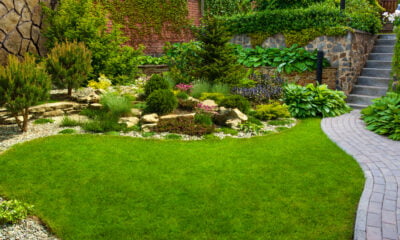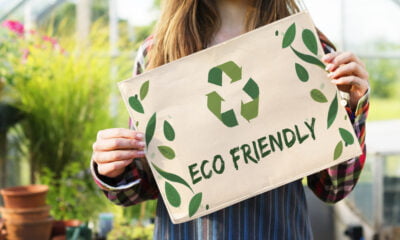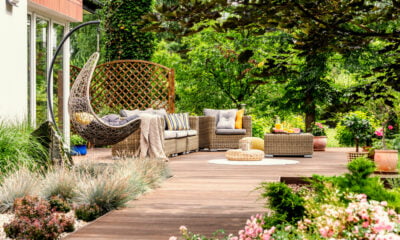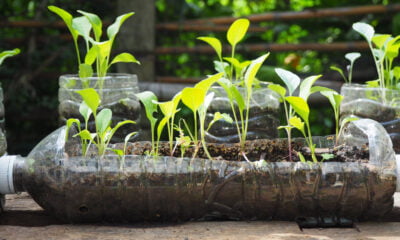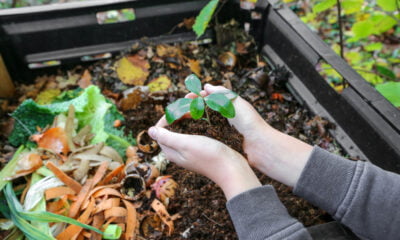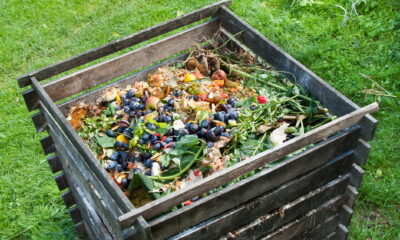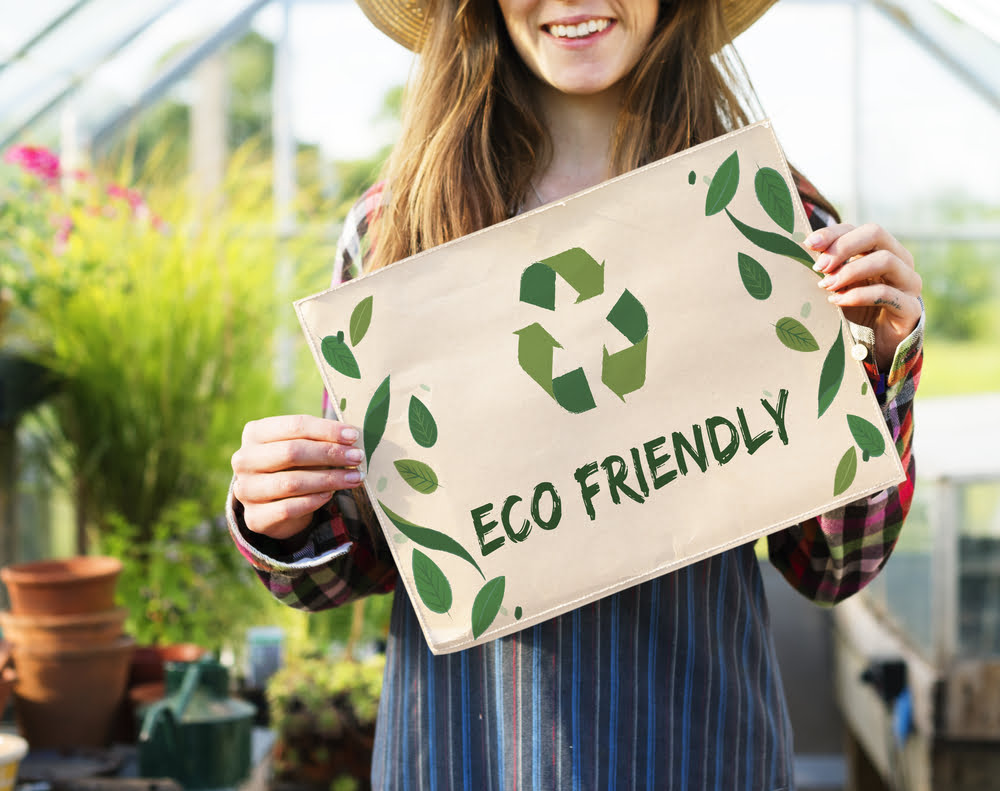
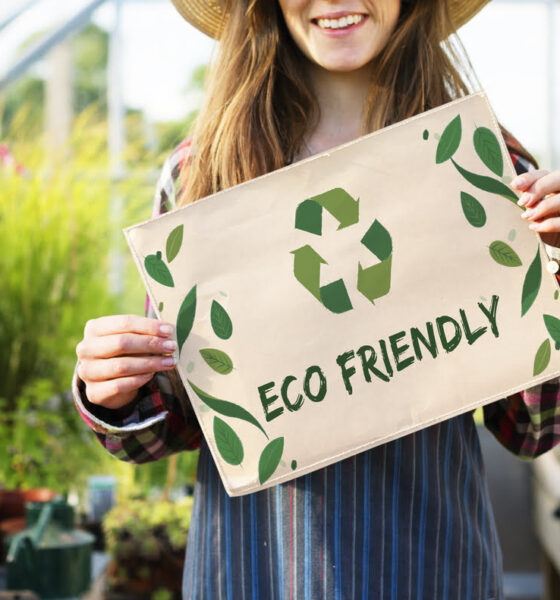
Environment
Adding Native Plants to Your Garden Helps the Environment
Eco-friendly gardening is becoming a lot more popular in the U.S. and abroad. One survey showed that 82% of Britons want to make their gardens more sustainable and attract more wildlife.
There are a lot of great benefits of growing a garden. We have previously pointed out that an eco-friendly garden could actually save your life.
But how do you make an eco-friendly garden? There are a lot of things that you have to do, such as finding eco-friendly ways to get rid of pests. However, one thing that you should consider doing that is rarely discussed is introduce native plants into it.
Protect the Planet by Introducing Native Plants to Your Garden
Native plants are those that have evolved over time in a particular geographic area. They are well-adapted to the local climate, soil, and other conditions.
Gardening with native plants has many benefits for the environment.
Native plants help to preserve biodiversity. Biodiversity is the variety of plant and animal life in a given area. It is important for the health of ecosystems.
Native plants are also more resistant to pests and diseases. This means that they require less water, fertilizer, and pesticides. Using fewer chemicals is better for the environment and your health.
That said, here are 10 things you should know about incorporating native plants into your garden.
1. Know Your Local Ecosystem
Before you start planting, it’s important to know what types of plants are native to your area. This will help you choose the right plants for your garden. For example, if you live in the prairies, you might want to plant native grasses. Or, if you live in the desert, you might want to focus on native cacti and succulents.
2. Consider the Purpose of Your Garden
When selecting native plants for your garden, consider its purpose. Do you want to attract pollinators? Do you want to create a habitat for wildlife? For example, if you’re hoping to attract butterflies, you might want to choose plants that produce nectar.
3. Use a Variety of Plants
Choose a variety of plants to create an interesting and diverse garden. This will also help to ensure that your garden is more resilient to pests and diseases. Also, consider using native plants that are appropriate for different seasons. This will give your garden year-round interest.
4. Plant at the Right Time of Year
Plant native plants at the right time of year for your area. This will help them to establish themselves better in your garden.
5. Choose the Right Location
When choosing a location for your native plants, consider their needs. Some plants need full sun, while others prefer partial shade. Make sure you have enough space for each plant to reach its full size.
6. Amend the Soil
If necessary, amend the soil before planting. This will help the plants to establish themselves better in your garden.
7. Use Mulch
Mulch helps to retain moisture and keep weeds at bay. It can also help to protect your plants from extreme temperatures.
8. Water Regularly
Water your native plants regularly, especially during dry periods. This will help them to establish themselves better in your garden.
9. Fertilize sparingly
Fertilize your native plants sparingly. Over-fertilizing can actually harm them. If you do fertilize, choose an organic fertilizer that is low in nitrogen.
10. Consider native wildflowers
Native wildflowers are a great option for gardens. They are easy to grow and care for, and they add beauty to your garden. For example, black-eyed Susans are a popular native wildflower.
Incorporating native plants into your garden is a great way to help the environment. By following these tips, you can create a beautiful and sustainable garden that will provide benefits for years to come.


 Features11 months ago
Features11 months agoEco-Friendly Cryptocurrencies: Sustainable Investment Choices

 Energy11 months ago
Energy11 months agoThe Growing Role of Solar Panels in Ireland’s Energy Future

 Energy10 months ago
Energy10 months agoGrowth of Solar Power in Dublin: A Sustainable Revolution

 Energy10 months ago
Energy10 months agoRenewable Energy Adoption Can Combat Climate Change
